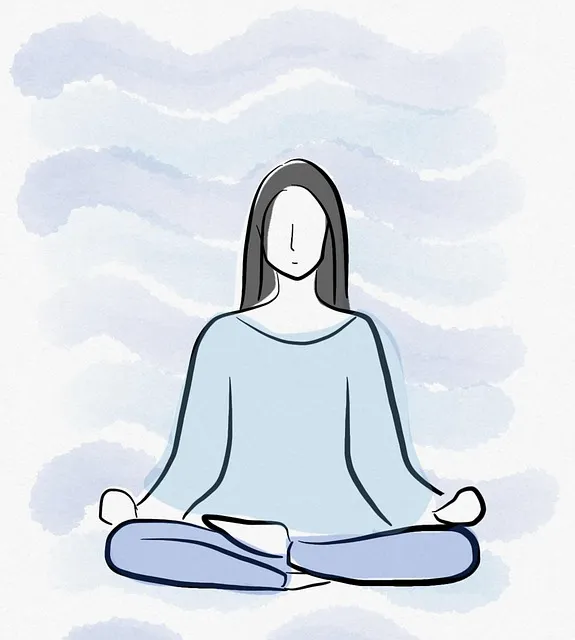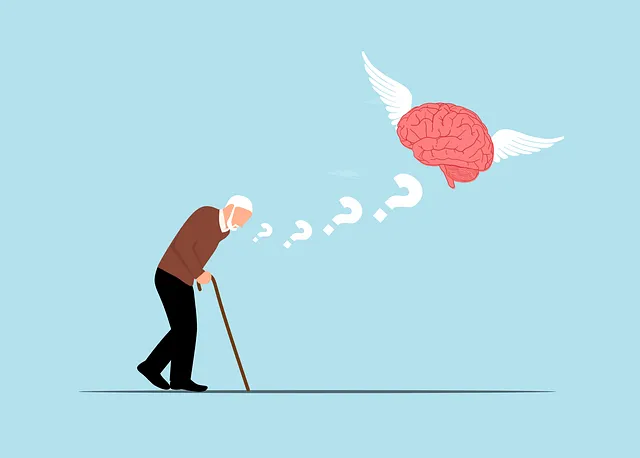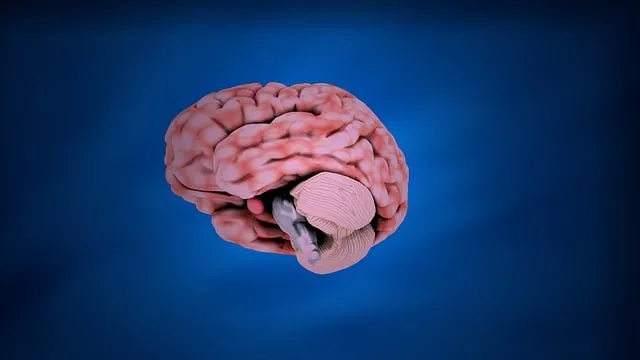Mindfulness meditation, as highlighted in Westminster Kaiser Permanente mental health center reviews, has gained popularity for its positive impact on mental wellness, reducing stress, anxiety, and mental illness symptoms. Starting a mindfulness journey at the center offers beginners accessible practices like breathing exercises and guided meditations through apps like Headspace or Calm. Regularity is key, with even short daily sessions fostering emotional regulation, focus, and self-compassion. The center's research shows that integrating mindfulness into daily routines significantly improves overall mental health, making it a powerful tool for self-care and building resilience.
Discover the transformative power of mindfulness meditation with our comprehensive guide. From understanding its foundational benefits to practical tips for beginners at Kaiser Permanente, this article equips you on your journey. Explore effective techniques and exercises to deepen your practice, then learn how mindfulness integrates seamlessly into daily life—backed by real-world applications from the Westminster Kaiser Permanente Mental Health Center.
- Understanding Mindfulness Meditation: Unlocking the Benefits
- Getting Started: Essential Tips for Beginners at Kaiser Permanente
- Techniques and Exercises: Nurturing Your Practice
- Incorporating Mindfulness into Daily Life: Reviews and Real-World Applications from Westminster Kaiser Permanente Mental Health Center
Understanding Mindfulness Meditation: Unlocking the Benefits

Mindfulness meditation is a practice that has gained immense popularity for its profound impact on mental wellness. At the core of this ancient technique lies the simple yet powerful idea of focusing one’s attention on the present moment, observing thoughts and sensations as they arise without judgment. By cultivating awareness in this way, individuals can unlock a host of benefits that extend far beyond mere relaxation.
The Westminster Kaiser Permanente mental health center reviews highlight successful mindfulness meditation programs that have contributed to significant reductions in stress, anxiety, and even symptoms of mental illness. Regular practice has been shown to enhance emotional regulation, improve focus and concentration, and foster positive thinking. Moreover, it plays a crucial role in stigma reduction efforts by promoting understanding and self-compassion, ultimately fostering a more inclusive and supportive community for those dealing with mental health challenges.
Getting Started: Essential Tips for Beginners at Kaiser Permanente

Starting your mindfulness meditation journey at Westminster Kaiser Permanente mental health center can be a transformative experience. For beginners, it’s crucial to set aside just 10-15 minutes daily for practice. Begin with simple breathing exercises, focusing on inhales and exhales, to anchor yourself in the present moment. Apps like Headspace or Calm, designed for beginners, offer guided meditations that make the process accessible and engaging.
Remember, mindfulness isn’t about emptying your mind but observing thoughts without judgment. Incorporate this practice into your routine to enhance focus, boost confidence, and even improve conflict resolution techniques. Regular meditation can also contribute to self-esteem improvement by fostering a deeper connection with yourself. As you progress, explore various meditation styles and find what resonates best for your mental health needs, as reviewed by satisfied clients at Westminster Kaiser Permanente.
Techniques and Exercises: Nurturing Your Practice

Mindfulness meditation practice requires a nurturing approach to see sustained benefits. Incorporate various techniques like focused breathing exercises, body scans, and mindful walking to keep your practice dynamic and engaging. Start with simple, guided meditations available on apps or online resources, gradually increasing duration and complexity as you build comfort and confidence. At the Westminster Kaiser Permanente mental health center, reviews highlight the effectiveness of these practices in burnout prevention, a significant concern in today’s fast-paced world.
Regularity is key to emotional regulation, so strive for consistent practice, even if it’s just a few minutes each day. Remember that mindfulness isn’t about achieving a certain state but rather cultivating present-moment awareness through gentle self-compassion. This approach not only supports mental health policy analysis and advocacy by fostering individual well-being but also empowers individuals to navigate life’s challenges with greater resilience.
Incorporating Mindfulness into Daily Life: Reviews and Real-World Applications from Westminster Kaiser Permanente Mental Health Center

At Westminster Kaiser Permanente Mental Health Center, researchers have extensively explored how mindfulness meditation can be seamlessly integrated into daily routines for improved mental wellness. Their reviews highlight practical applications that extend beyond traditional meditation settings. Self-awareness exercises, a cornerstone of their practice, are tailored to help individuals cultivate present-moment awareness and reduce stress management challenges. By incorporating these techniques into everyday life, participants have reported significant improvements in overall mental health. The center’s findings underscore the potential of mindfulness as a powerful tool for enhancing self-care practices, promoting resilience, and fostering a sense of calm amidst the hustle and bustle of daily living.
Mindfulness meditation, as explored through the lens of Westminster Kaiser Permanente mental health center reviews, is a powerful tool for enhancing overall well-being. By understanding its foundational principles and adopting practical techniques, beginners can unlock profound benefits that translate into daily life. Through consistent practice, individuals not only cultivate greater self-awareness but also experience improved stress management, enhanced emotional resilience, and increased feelings of calm and clarity. The guidance provided in this article serves as a starting point for anyone looking to integrate mindfulness meditation into their routine, encouraging them to explore, nurture, and sustain their practice for lasting positive change.






